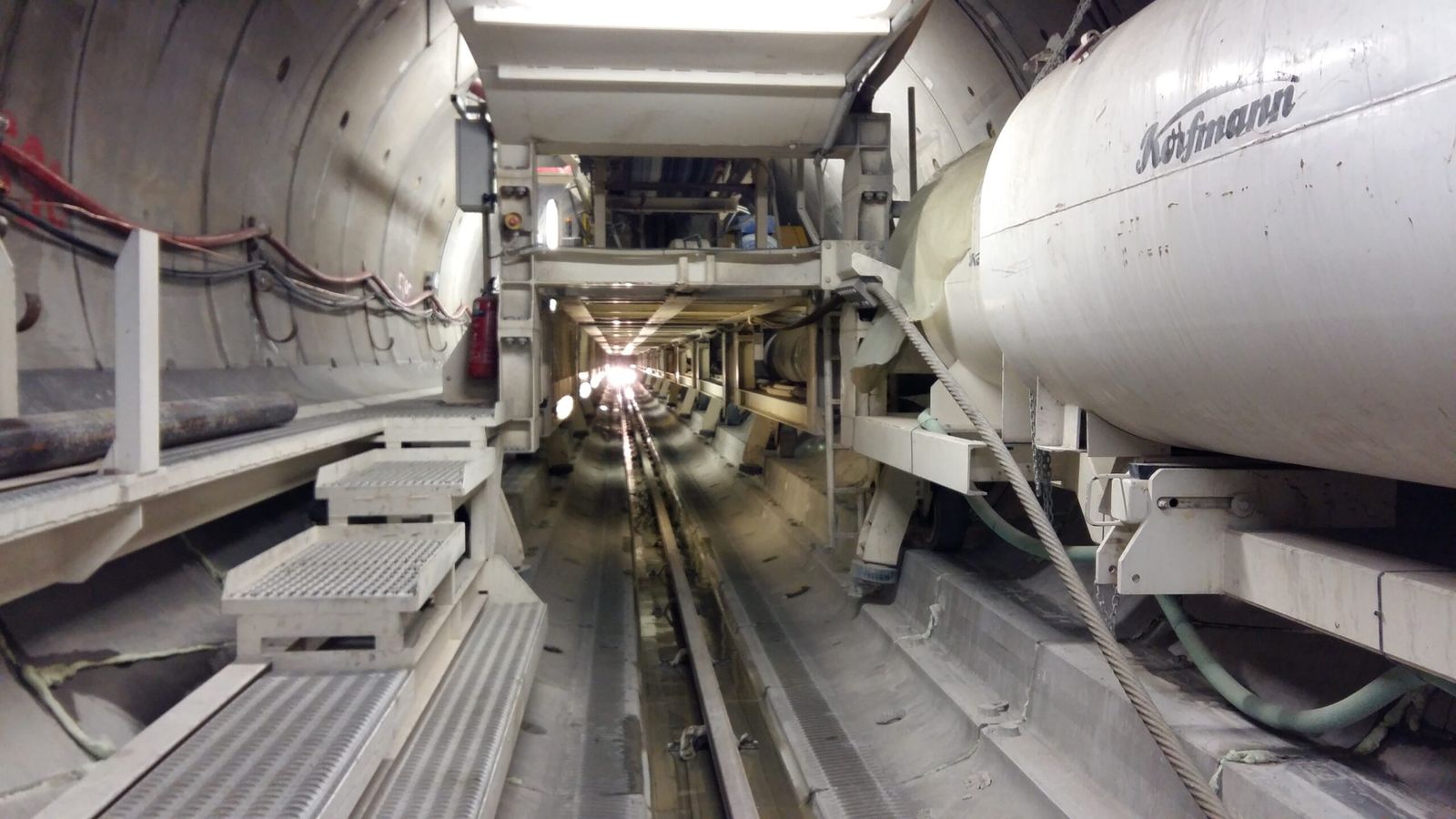Maintenance operations incidents submitted to the Aviation Safety Reporting System (ASRS) between 1986-1992 were systematically analysed in order to identify issues relevant to human factors and crew coordination. This exploratory analysis involved 95 ASRS reports which represented a wide range of maintenance incidents.
The reports were coded and analysed according to the type of error (e.g., wrong part, procedural error, non-procedural error), contributing factors (e.g., individual, within-team, cross-team, procedure, tools), result of the error (e.g., aircraft damage or not) as well as the operational impact (e.g., aircraft flown to destination, air return, delay at gate).
The main findings indicate that procedural errors were most common (48.4%) and that individual and team actions contributed to the errors in more than 50% of the cases. As for operational results, most errors were either corrected after landing at the destination (51.6%) or required the flight crew to stop enroute (29.5%). Interactions among these variables are also discussed. This analysis is a first step toward developing a taxonomy of crew coordination problems in maintenance. By understanding what variables are important and how they are interrelated, we may develop intervention strategies that are better tailored to the human factor issues involved.
Source : Veinott, Elizabeth & Kanki, Barbara & Shafto, Michael. (1995). Identifying Human Factors Issues in Aircraft Maintenance Operations. Proceedings of the Human Factors and Ergonomics Society Annual Meeting. 39. 10.1177/154193129503901440

